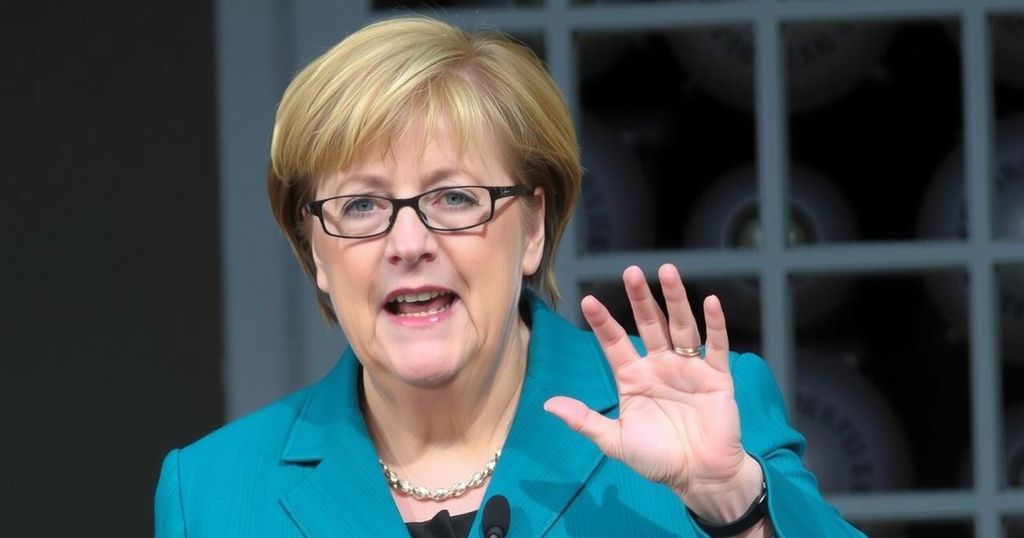Germany Prepares for Snap Election Following Scholz’s Confidence Vote Loss

After Olaf Scholz lost a confidence vote, Germany is set for a snap election. The podcast also discusses urban waste management in India and Fortnum & Mason’s retail strategies, with a runtime of 21 minutes.
In the aftermath of Olaf Scholz’s recent loss in a parliamentary confidence vote, Germany is poised for a snap election to determine its political future. This significant political development underscores the challenges faced by the current administration. Concurrently, the daily podcast covers vital topics such as the urban waste crisis in India, with an insightful exploration of a city successfully addressing its rubbish challenges, alongside features on Fortnum & Mason’s strategies to thrive amid retail difficulties. The podcast promises an engaging 21-minute discussion encompassing these diverse issues, providing listeners with both current political insights and cultural narratives.
The political landscape in Germany has been dramatically altered following Chancellor Olaf Scholz’s loss in a confidence vote, reflecting a growing discontent within the parliamentary body and the electorate. Confidence votes are pivotal moments that can trigger early elections, especially when a leader’s ability to govern is called into question. Additionally, waste management remains a pressing global issue, particularly in India, where metropolitan areas struggle with growing refuse problems. As the global economy and local markets evolve, institutions like Fortnum & Mason are exploring innovative solutions to remain relevant in a competitive retail environment.
In conclusion, the unexpected political shift in Germany signals a critical period ahead, with a snap election on the horizon following Olaf Scholz’s parliamentary setback. This change may influence not only national policy but also impact social issues such as urban waste management, as highlighted in the podcast. Moreover, the resilience of brands like Fortnum & Mason illustrates the varying approaches businesses adopt to navigate the complexities of today’s economic climate.
Original Source: www.economist.com






